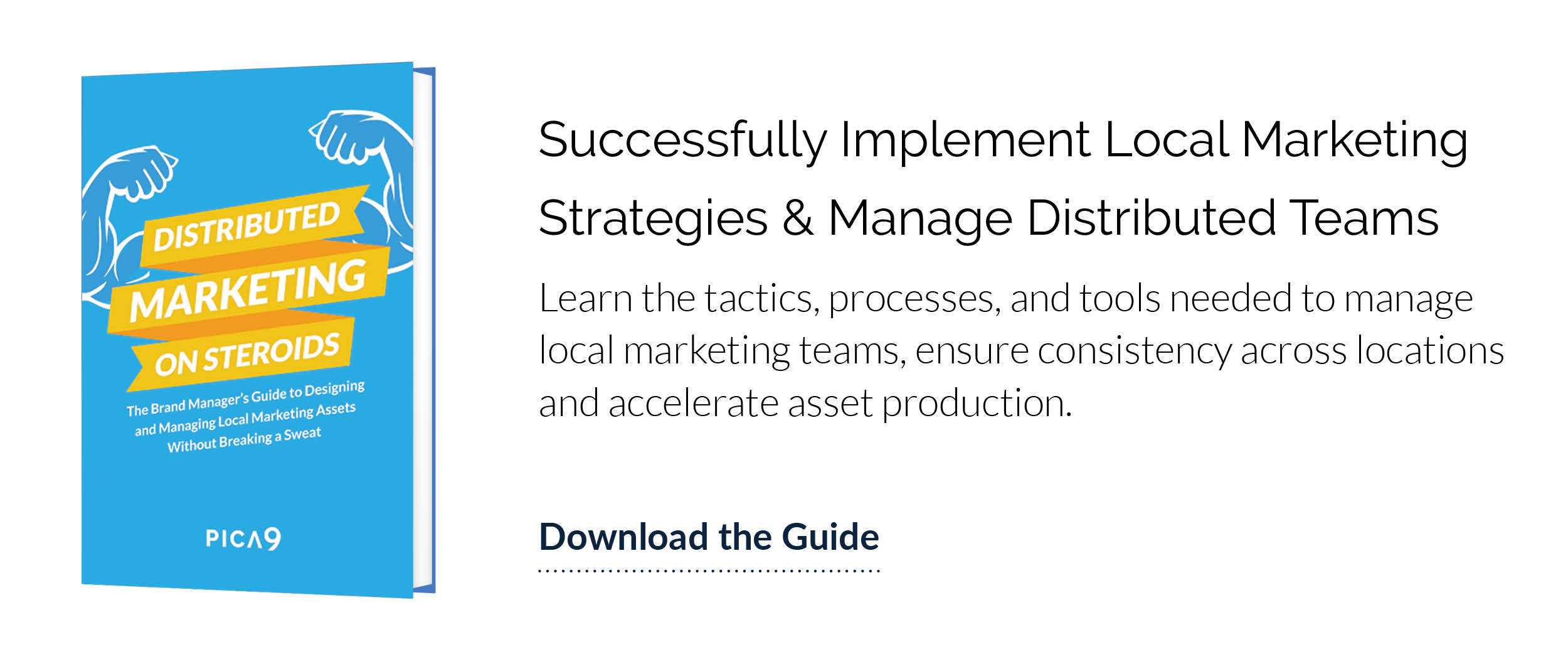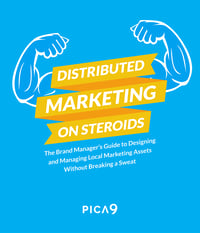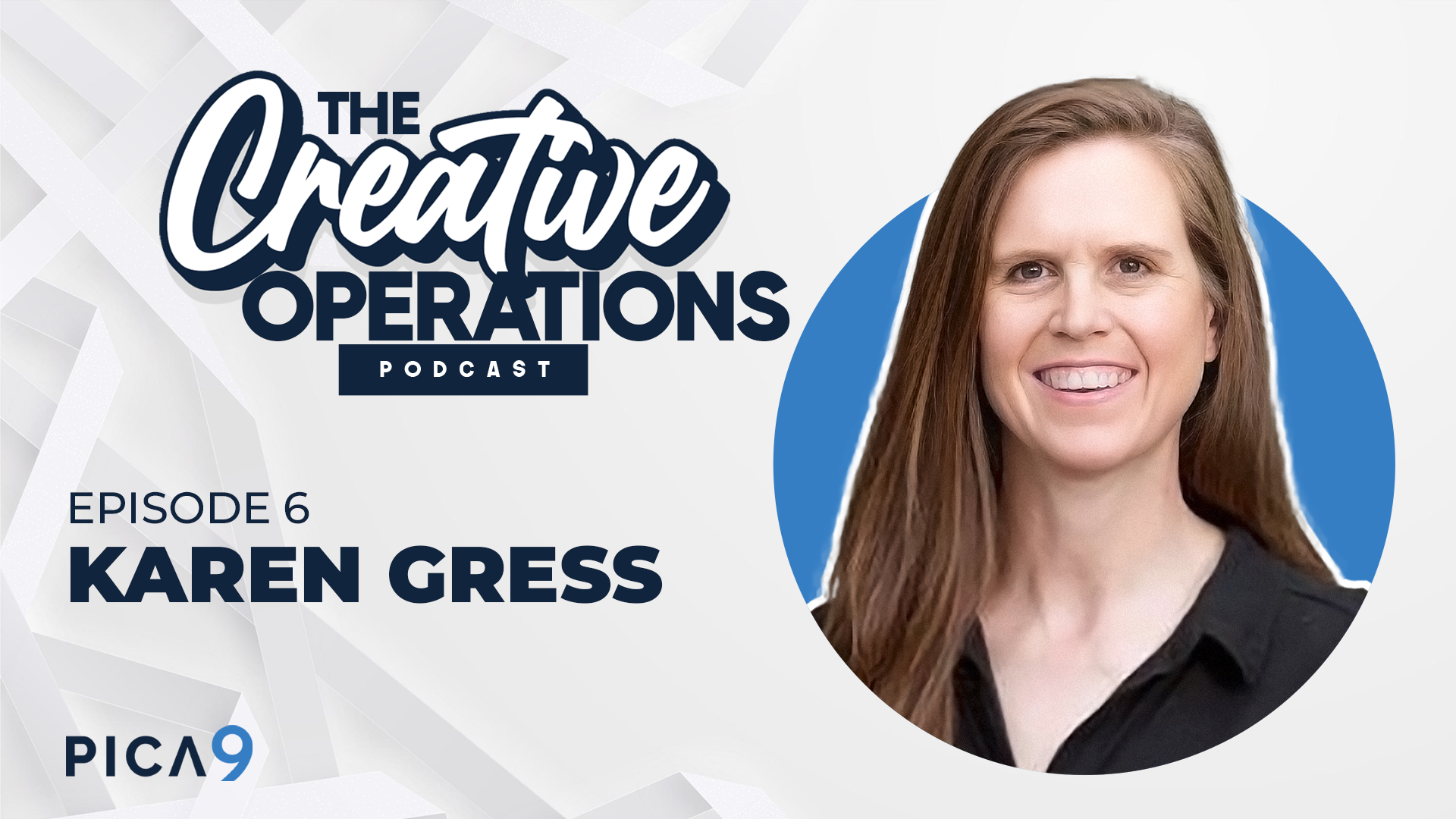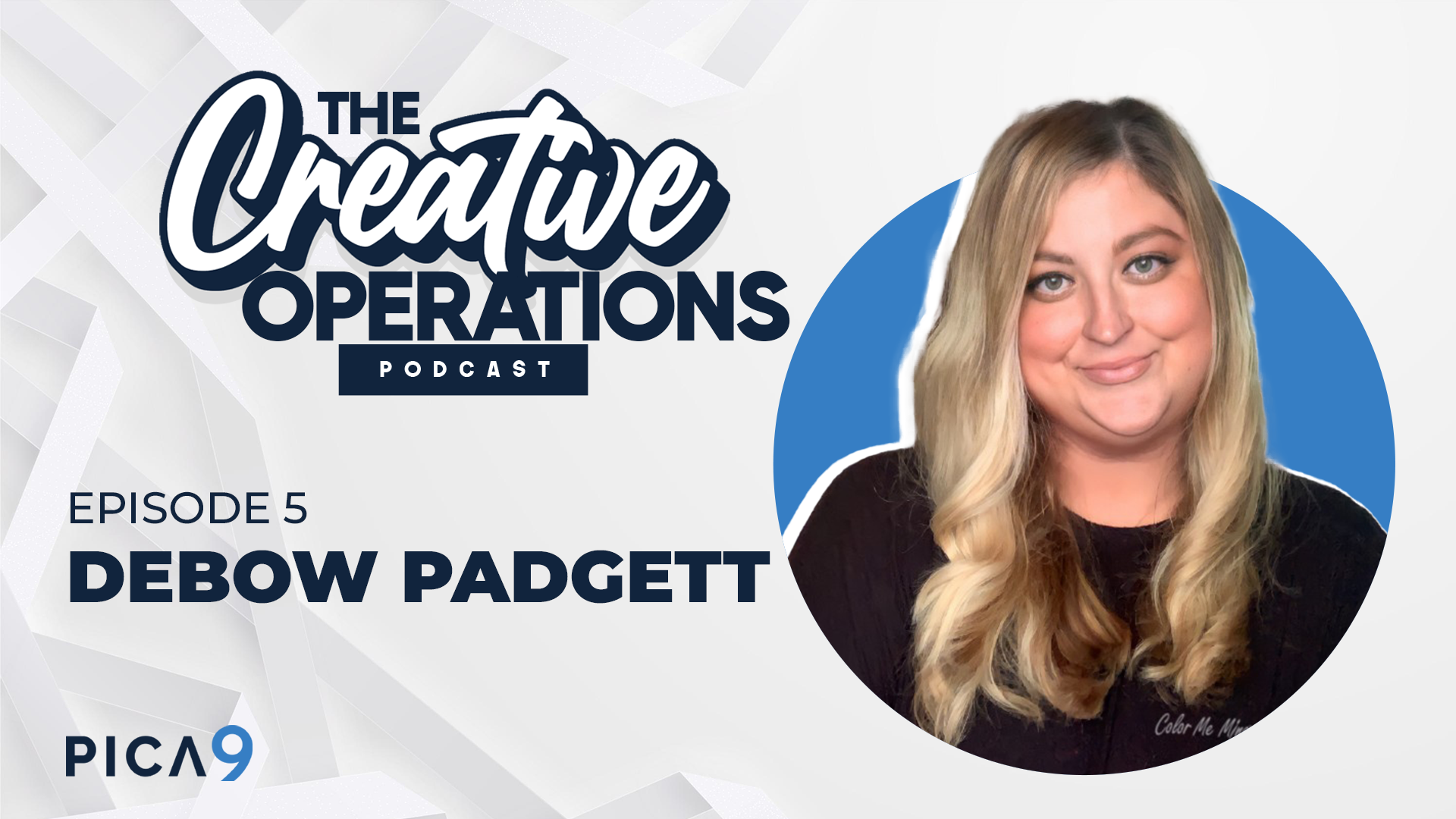In this episode of The Creative Operations Podcast 2.0, we dive into the world of creative operations and its significance across various industries, including healthcare. Our guest, Matt Koyak, Director of Marketing at Regional Health in Memphis, shares his experience of managing a complex network of healthcare facilities and the challenges of keeping the brand consistent and engaging across diverse medical disciplines.
Meet Matt Koyak:
Matt Koyak's journey in marketing and creative operations began as a graphic designer working in agencies after college. He then moved on to work with Nissan's forklift division, where he delved into digital marketing and helped independent dealers promote Nissan's products. Over time, Matt expanded his skill set and became passionate about connecting organizations with their local audiences through storytelling and various marketing and advertising strategies.
The Challenge of Regional Health Marketing:
As the Director of Marketing at Regional Health, Matt faces a unique challenge of maintaining brand consistency and delivering compelling messages across a wide range of medical specialties and centers of excellence. Regional Health is the oldest hospital in Tennessee, serving as a level-one trauma center and the only accredited burn center within a 400-mile radius. With multiple primary care locations and an expanding East Memphis campus, the organization's marketing efforts must cater to diverse patient demographics.
Overcoming the Creative Approval Process:
The healthcare industry, particularly medicine, presents a challenge when it comes to marketing due to the need to work with medical experts who have deep expertise. Crafting branding concepts and campaigns requires navigating the strict approval process to ensure accuracy, compliance, and sensitivity when dealing with patient stories.
Related: 4 Must-Haves for Local Marketing Support in Healthcare
Specializing in Tomorrow's Campaign:
To address the branding challenges at Regional Health, Matt and his team developed the "Specializing in Tomorrow's" campaign. This initiative focused on showcasing patient outcomes and highlighting the success stories of patients who received exceptional care. The team worked diligently to balance the emotional impact of the stories without exploiting patients, thus maintaining ethical marketing practices.
Extending the Campaign's Impact:
To ensure the success of the campaign, Matt's team extended the messaging to cater to different segments of their audience. They developed specific personas for each target group and tailored the content to resonate with them. This personalized approach allowed them to connect with patients on a more meaningful level, showcasing the benefits of Regional Health's services.
AI in Content Creation:
Embracing innovative technologies, Matt's team has recently begun experimenting with artificial intelligence, particularly ChatGPT, to enhance content creation efficiency. They use AI to simplify medical content, create outlines for editorial calendars, and speed up the content creation process. While AI helps optimize productivity, the team still relies on human experts for reviewing content, ensuring accuracy, and maintaining patient privacy.
Conclusion:
Healthcare regional marketing presents its own set of challenges, especially when trying to maintain brand consistency and patient-focused storytelling. Matt Koyak's experience showcases the importance of Lean Six Sigma principles and adopting AI tools responsibly to streamline creative operations and deliver impactful marketing campaigns in the healthcare industry.




